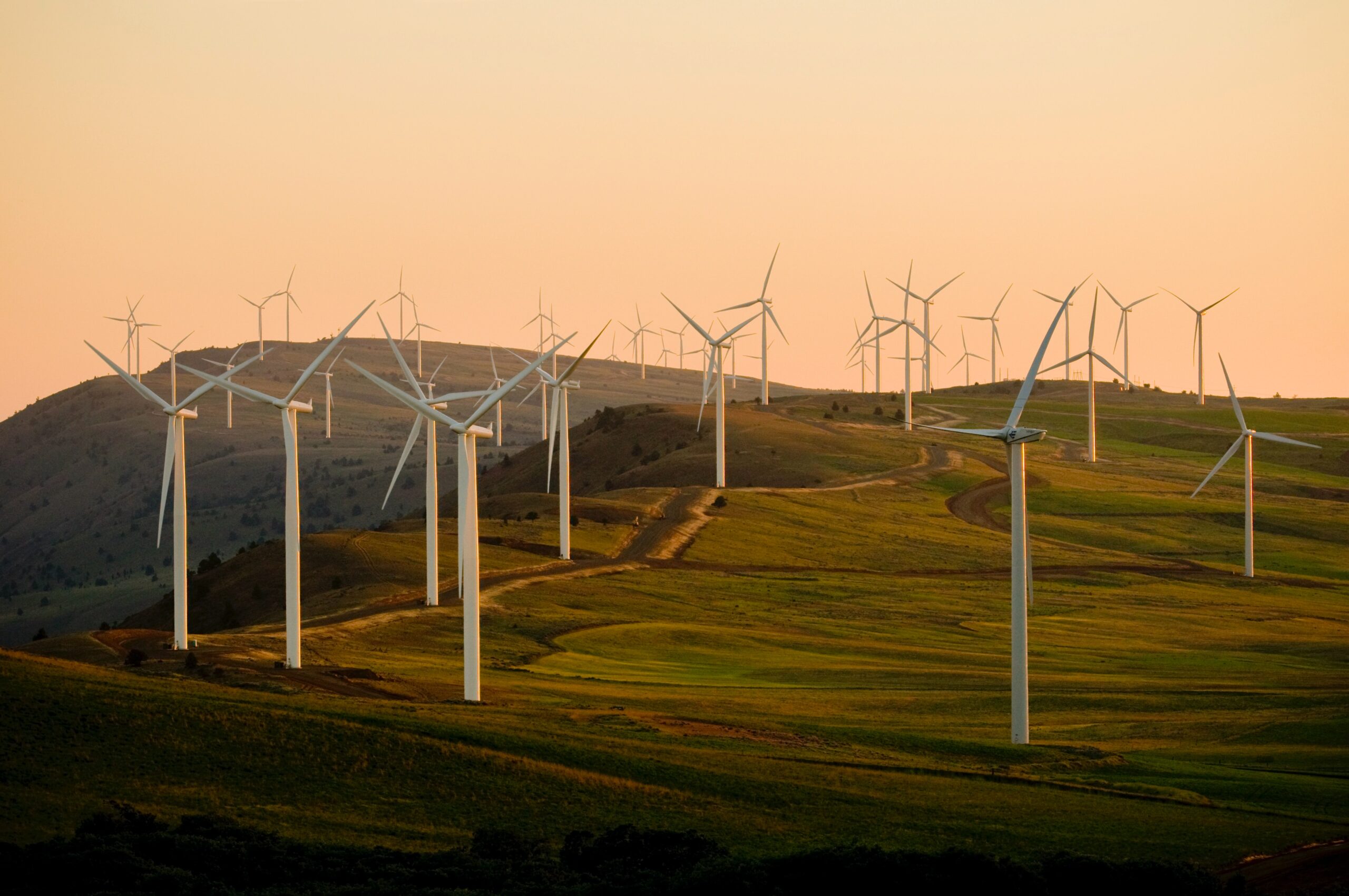A huge green hydrogen project is set to kick off 2023 in Spain once all the plans and over. The project seeks to produce green hydrogen as well as ammonia. Based on the current construction plans, there are all indicators that it will be a massive one and a great step towards the transition from fossil fuel sources to green hydrogen.
In recently released details about the upcoming project, Spanish companies namely Enagas, Fertiberia, Vestas, and Naturgy together with Copenhagen Infrastructure Partners outlined the activities they intend to carry out. In their report, the first construction phase is expected to begin in early 2023. Further, the report indicates that all the firms mentioned will pool their resources together on what they call Catalina Phase 1. More precisely, the project will be powered by up to 1.7 gigawatts of solar and wind power at a place called Aragon in northeast Spain. In addition, there will be a 500-megawatt electrolyzer that is expected to generate at least, 40,000 tons of green H2 every year.
Green hydrogen produced from the site will be piped to the Valencia area in east Spain where a green ammonia facility is currently located. Once the ammonia reaches Valencia, the project implementers say that they will process it to make fertilizer. But that’s not all that the facility will be doing. The Catalina project will also ultimately seek to develop a 5GW of both solar and wind power that will, in turn, use a 2 GW electrolyzer to produce green H2.
Once the project is up and running, it will change Spain’s green energy sector. According to the statistics already released, Catalina will greatly contribute to meeting the country’s green H2 needs. More specifically, it will supply about 30% of Spain’s current energy demand. Also, going by how the project is promoted, there are signs that it might even surpass the estimates given as plans are underway and there is a likelihood that more might be achieved eventually.
When it comes to the financing of the project, there are no details provided to the public so far. However, the Spanish government has been mobilizing resources for its energy sector over the last few years. For instance, in 2021, it had planned to facilitate Spain’s Recovery, Transformation, and Resilience Plan or PERTE to acquire financing amounting to 16.37 billion Euros. In the plan, a higher amount (about 9.45 billion euros) of the total cost would come from the private sector, and the rest would be mobilized by the government specifically from the government’s Recovery, Transformation, and Resilience Plan.
Arguably, Spain’s venture into the hydrogen sector is informed by various reasons one of them being that hydrogen is highly versatile and might help meet the varying energy needs of industries. The methods that can also be used to produce hydrogen are also diverse. The most common one, of course, is the process of electrolysis where water is split into oxygen and hydrogen. If the energy that is used in electrolysis comes from renewable sources such as solar and wind as is the case in Spain’s Catalina project, then the hydrogen produced is called green or renewable H2.
Generally, the Catalina project is a move towards sustainability. Also, bearing in mind that the vast majority of hydrogen production is based on carbon-emitting fossil fuels, the establishment of projects that use wind or solar power is a great step towards achieving zero carbon emissions in the coming future. With many plans already laid out, the coming years might see green hydrogen replacing fossil fuels in industries, the transport sector, and many other areas where green H2 can be used.



